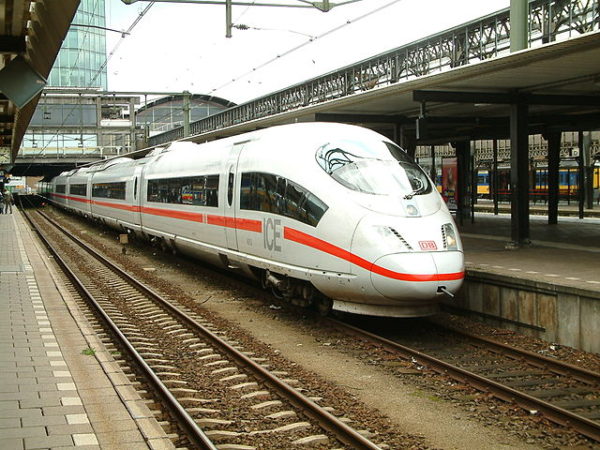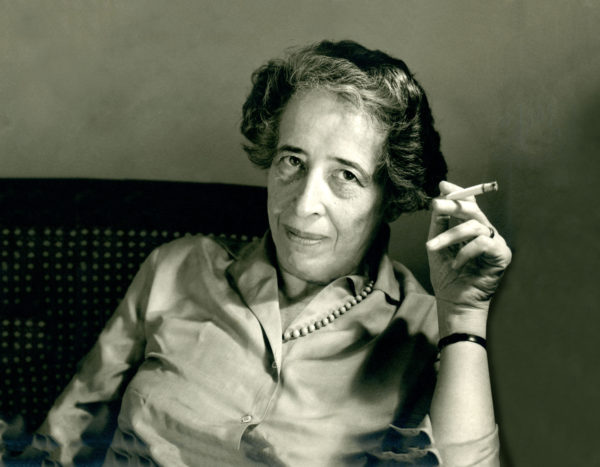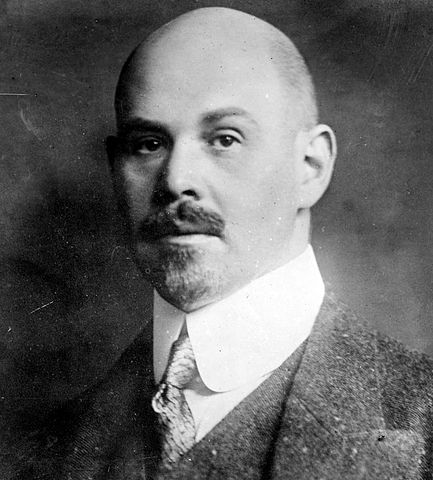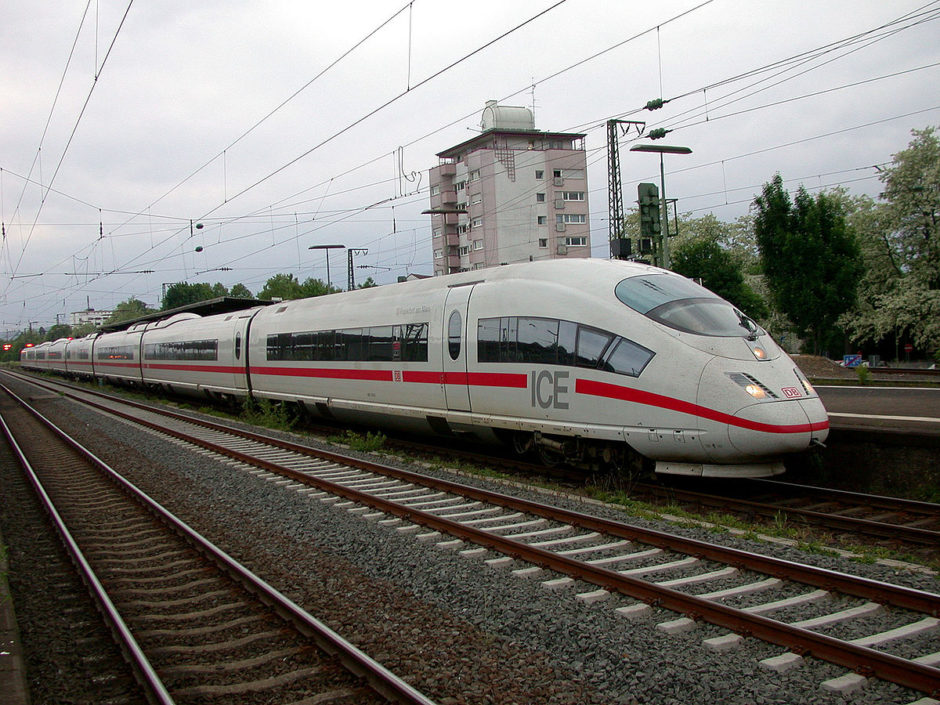Deutsche Bahn, the operator of Germany’s state railway, recently announced its intention to name a new high-speed train after Anne Frank, the Dutch Jewish diarist who perished in the Bergen-Belsen concentration camp during the final days of the Holocaust.

The news has caused an outcry because Anne Frank and her older sister, Margot, were deported to the Bergen-Belsen concentration camp on a German train. Anne, 15, succumbed to typhus in the winter of 1945, not long after Margot, 19, died after falling from her bunk.
The problem with Deutsche Bahn’s decision, however well-meaning, is the juxtaposition.
German trains transported millions of Jews to extermination camps. A German train carried Anne Frank and her sister to Bergen-Belsen.

Which leads to this question: Is Deutsche Bahn tone deaf?
Deutsche Bahn, known as Deutsche Reichsbahn during the Nazi era, canvassed the public for names to adorn its fourth-generation high-speed train. There were roughly 20,000 responses and Anne Frank’s name topped the list. Following this process, historians and railway employees compiled a shortlist of 25 finalists ranging from the scientist Albert Einstein to the actress Marlene Dietrich. In this popularity contest, Anne Frank finished first.
Deutsche Bahn’s decision to select Anne Frank seemed in accord with Germany’s laudable policy of making amends for its Nazi past. But then the darts started flying. Critics asked why Deutsche Bahn could be so insensitive. Since German trains had played such a central role in the implementation of the Holocaust, how could one of its most famous victims lend her name to a German train?
A very good question.
Mirjam Wenzel, the director of the Jewish Museum in Frankfurt, probably spoke for many when she tweeted that Deutsche Bahn was guilty of “historical amnesia.”
Scrambling to avert a public relations disaster, Deutsche Bahn offered an explanation on October 31, saying it had attempted to honor an “exceptional person.” Anne Frank was indeed an individual of sterling calibre, having been the acclaimed author of Diary of a Young Girl, which has amassed a huge international audience and has been translated into more than 60 languages.

“It was not our intention at D.B. to disrespect the memory of Anne Frank in any way whatsoever,” Deutsche Bahn added. “On the contrary, aware of the historical responsibility we bear, we made a deliberate decision to help keep Anne Frank’s memory alive. We are very sorry if any feelings were hurt as a result of this decision.”
Deutsche Bahn’s heart-felt apology is accepted, since it made an honest mistake which can easily be rectified.

With respect to solutions, Deutsche Bahn should have no problem finding a suitable substitute for Anne Frank. It should consider Albert Einstein, the Nobel Prize laureate, or the philosopher Hannah Arendt, both of whom were hounded out of Germany after the Nazi takeover. Another candidate for consideration is Walther Rathenau, the Weimar Republic’s ill-fated foreign minister who was assassinated by fascist thugs in 1922.

As for Anne Frank, her name should be held in reserve to add lustre to a national library, an opera house, a hospital, a university or any other worthy public institution.
Given Germany’s history, Anne Frank’s name most definitely should not be stamped on a German train.
